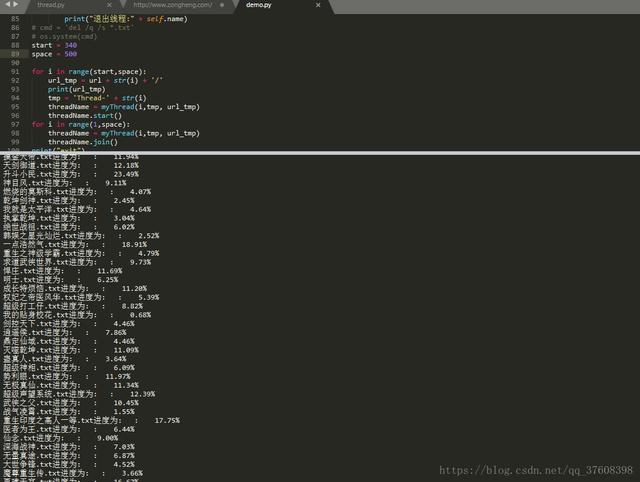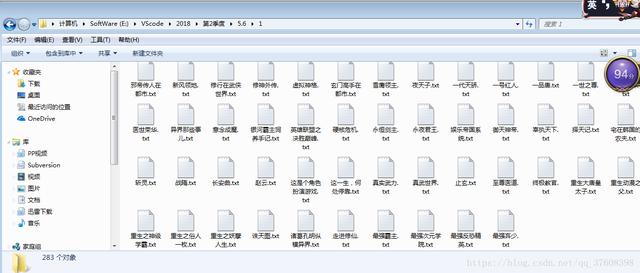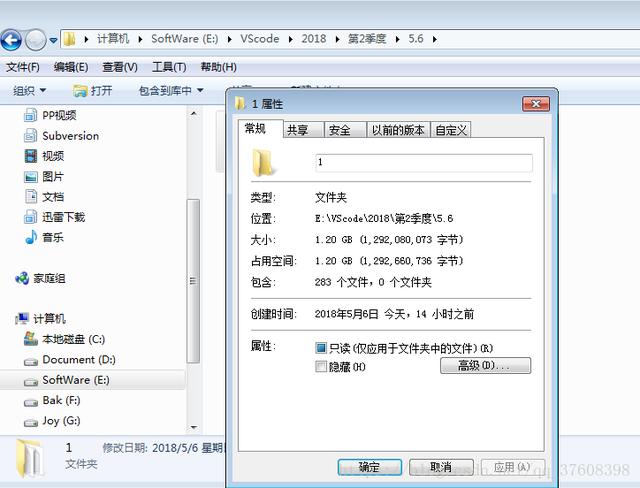声明:本文转载于CSDN,原文https://blog.csdn.net/qq_37608398/article/details/80217604
本文仅供大家进行python txt小说解析源码的学习,对于产生的后果本人不负任何责任,看小说请支持正版.
之前爬取笔趣阁小说都是单一的一本小说txt小说解析源码,爬取多本一般也是一本爬取爬取完成再爬取下一本txt小说解析源码,本节主要是消除这个弊端,利用多线程同时爬取多本小说,这种方式比较适合,用高性能服务器来爬取数据,这个主要技巧是在之前的爬取单本小说的基础上加上多线程技术,废话不多说,来点干货。
第一步txt小说解析源码:下载单本小说 这部分就不详细讲解了,具体查看txt小说解析源码我之前写的博客python3.6.5爬虫之一:笔趣阁小说爬取(首页爬取法)
第二步:分析整个笔趣阁网站结构 通过分析源码得知,笔趣阁网址结构为http://www.biquge.com/book/(number) http:网络协议,www.biquge.com:该网站域名(可以通过ping该域名得到该服务器ip地址),book:服务器根路径,number:相对路径(小说的唯一标识),这样看来,http://www.biquge.com/book/这些是固定写死的,后面的number对应每一本小说
第三步:多线程下载 根据第三步的分析结果可知,改变请求地址中的number变量,就可以请求不同的小说,而且通过分析这个number值是从1开始递增的,中间没有缺少的(通过请求查到当前一共有37707本小说),将第一步的单本小说主函数加到多线程的函数中,设置number的范围,既可实现,多线程爬取多本小说。
效果图:

之前爬取的200多本小说(大约1.2Gb):


代码:
#coding:utf-8
import re
import os
import sys
from bs4 import BeautifulSoup
from urllib import request
import ssl
import threading
import time
# url = 'http://www.biqiuge.com/book/4772/'
# url = 'https://www.qu.la/book/1/'
url = 'http://www.biqiuge.com/book/1/'
url = 'http://www.biqiuge.com/book/' #多线程
def getHtmlCode(url):
page = request.urlopen(url)
html = page.read()
htmlTree = BeautifulSoup(html,'html.parser')
return htmlTree
#return htmlTree.prettify()
def getKeyContent(url):
htmlTree = getHtmlCode(url)
def parserCaption(url):
htmlTree = getHtmlCode(url)
storyName = htmlTree.h1.get_text() + '.txt'
print('小说名:',storyName)
aList = htmlTree.find_all('a',href=re.compile('(\d)*.html')) #aList是一个标签类型的列表,class = Tag 写入文件之前需要转化为str
# print(int(aList[1]['href'][0:-5]))
aDealList = []
for line in aList:
# line['href'] = url + line['href']
# print(line['href'])
chapter = int(line['href'][0:-5])
if chapter not in aDealList: #去重
aDealList.append(chapter)
aDealList.sort() #排序
# print(aDealList)
# print(len(aDealList))
# aDealList = str(aDealList)
urlList = []
for line in aDealList:
line = url + str(line) + '.html'
urlList.append(line)
# print(urlList)
return (storyName,urlList)
def parserChapter(url):
htmlTree = getHtmlCode(url)
title = htmlTree.h1.get_text() #章节名
content = htmlTree.find_all('div',id = 'content')
content = content[0].contents[1].get_text()
return (title,content)
def main(url):
(storyName,urlList) = parserCaption(url)
flag = True
# cmd = 'del ' + storyName
# os.system(cmd)
# cmd = 'cls'
count = 1
for url_alone in urlList:
lv = count / len(urlList) * 100
message = storyName + u'进度为: '
print('%-9s: %0.2f%%'%(message,lv))
f = open(storyName,'a+',encoding = 'utf-8')
(title,content) = parserChapter(url_alone)
tmp = title + '\n' + content
f.write(tmp)
f.close()
count = count + 1
exitFlag = False
class myThread(threading.Thread):
def __init__(self,threadID,name,url):
threading.Thread.__init__(self)
self.threadID = threadID
self.name = name
self.url = url
def run(self):
print('开始线程:' + self.name)
main(self.url)
print("退出线程:" + self.name)
# cmd = 'del /q /s *.txt'
# os.system(cmd)
start = 340
space = 500
for i in range(start,space):
url_tmp = url + str(i) + '/'
print(url_tmp)
tmp = 'Thread-' + str(i)
threadName = myThread(i,tmp, url_tmp)
threadName.start()
for i in range(1,space):
threadName = myThread(i,tmp, url_tmp)
threadName.join()
print("exit")
相关文章
本站已关闭游客评论,请登录或者注册后再评论吧~
